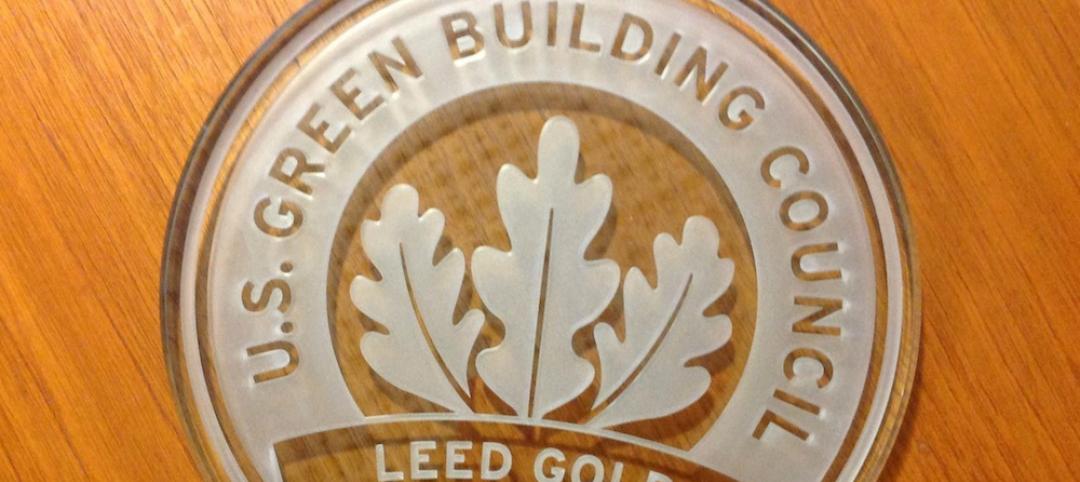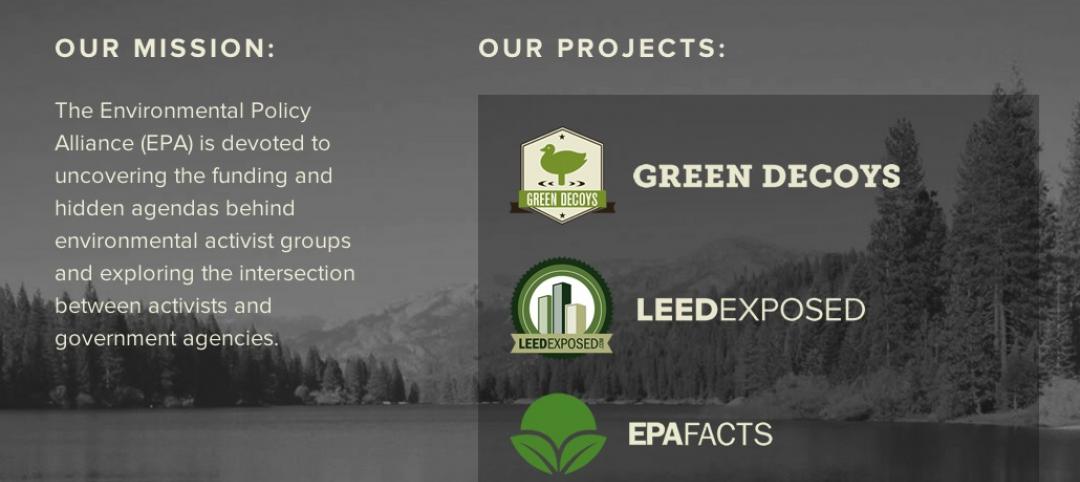Version 6.0 of the Building Efficiency System Tool (BEST), a commercial building HVAC system efficiency comparison application, is now available.
The Hydronic Industry Alliance-Commercial (HIA-C), a committee of the Radiant Professionals Alliance (RPA), recently released the update that helps compare options for HVAC systems at an early design stage when little information is known about the building. The tool can compare projected costs and energy usage for all HVAC systems and hot water consumption in any building “based on what is known before money is spent on selecting the HVAC and water heating systems, and (at a stage when) almost all inputs may be adjusted once the design process begins,” according to a news release.
The tool can model multiple heating and cooling sources including all electric systems using cascaded heat pumps and backup sources. “With the trend to all-electric solutions—including cascading heat pump systems—BEST is able to quickly and easily compare these innovative ideas,” says Greg Cunniff, P.E., director of Applied Solutions for Williams Comfort Products. “Legacy modeling software currently has a difficult time comparing these new ideas.”
The revised tool is available at no charge at: http://forms.iapmo.org/hiac/software_register.aspx
Related Stories
| Mar 19, 2014
Santa Monica, Calif., may offer LEED alternatives to help promote green construction
With developers in Santa Monica, Calif., looking for ways to build green more inexpensively, the city may consider alternatives to LEED such as Green Globes.
| Mar 18, 2014
Canadian wood industry pushes for ‘wood first’ legislation on mid-rise public projects
The wood lobby is pushing Canadian provinces to pass “wood first” legislation specifying wood framed structures as the default for mid-rise public works projects where warranted.
| Mar 13, 2014
USGBC hits back at Environmental Policy Alliance criticism
The Washington, D.C.-based Environmental Policy Alliance has launched a campaign to make the claim that LEED-certified buildings are less energy efficient than other buildings. In response, USGBC told its members: "Don’t be fooled, the Environmental Policy Alliance isn’t the 'EPA' you might think."
| Mar 13, 2014
North Carolina board recommends switch to six-year code update cycle
In a nine to six vote, the North Carolina State Building Code Council on March 11 approved moving the commercial building code (except for the electrical code) to a six-year cycle for updating instead of a three-year cycle.
| Mar 13, 2014
OSHA’s funding disclosure requirement for those offering silica rule comments draws ire
The Occupational Safety and Health Administration is requiring those who submit comments on the silica rule to disclose their funding sources for their scientific research to avoid conflict of interest.
| Mar 13, 2014
EPA publishes ‘best management practices’ rule on erosion, stormwater at construction sites
The Environmental Protection Agency published a new rule this month that will require the construction, housing, and utility sectors to carry out "best management practices" in order to prevent erosion and harmful stormwater discharges at construction sites.
| Mar 5, 2014
San Francisco board seeks remedies to code enforcement complaints
Two supervisors charged that a lack of adequate code enforcement has led to blight from dilapidated or unfinished buildings.
| Mar 5, 2014
Obama proposes $1 billion for climate change risk mitigation
President Barack Obama would spend $1 billion to “better understand the projected impacts of climate change,” encourage local action to reduce future risk, and fund technology and infrastructure that will be more resilient to climate change.
| Mar 5, 2014
Southern Forest Products Assn. revamps pressure-treated pine specifications
It provides information to assist with the proper specification and use of pressure-treated Southern Pine materials.
| Mar 5, 2014
UL, PRI Construction Materials Technologies reach product certification agreement
Underwriters Laboratories (UL) Inc. reached an agreement with PRI Construction Materials Technologies LLC (PRI) through which PRI will participate in UL's "Data Acceptance Program," enabling the acceptance of data generated at PRI toward UL product certification.














